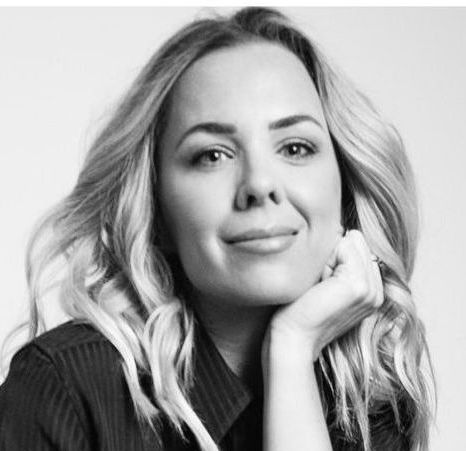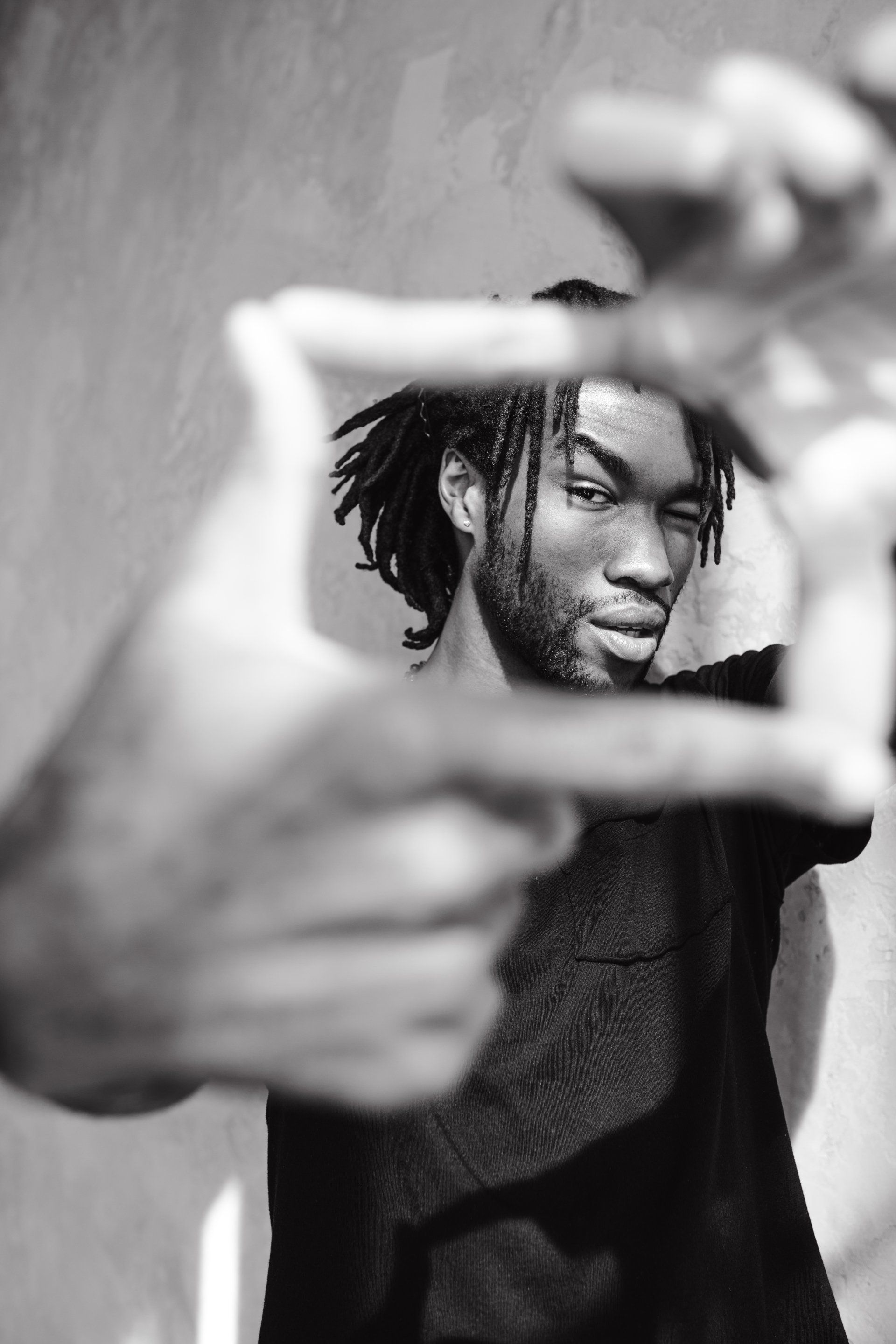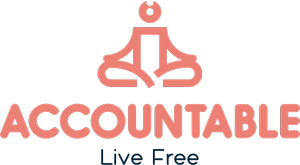Advice for Entrepreneurs Struggling with Addiction
Advice for Entrepreneurs Struggling with Addiction:
If you are reading this and you are an entrepreneur who is struggling or who has struggled with addiction kudos to you! Recovering from addiction is by far the hardest thing I’ve ever accomplished and something I’m most proud of. When I first started my journey of recovery, “proud” was definitely not one of the adjectives I would have used. More likely words would have been “shame”, and “fear”. However, today I see it as an accomplishment, and I’m grateful that I have the opportunity to share my experience, strength, and hope with others that are struggling in my writing, and through my new company
You Are Accountable.
I’ll preface this article by saying everything below is my opinion based on
my experience getting sober while founding what became a successful company. I am not a doctor, psychologist, shaman, or spiritual healer. Take my opinion as what it is; the opinion of a sober tech person/entrepreneur :).
TLDR; Here are the two things you should take away from this article if nothing else:
- Your company will not be successful if you do not take care of yourself first.
Remember when we used to fly all the time, and the announcement stated to put the oxygen mask on yourself before your children? Your company is the child. Your [mental] health needs to come first. With that out of the way, now take the time to read the rest of the article, as your first foray into selfcare.
- Asking for help is a show of strength; not weakness.
As an entrepreneur, early success is often predicated on selling ourselves as much as selling our products or services. This creates an environment where it can feel like reaching out for help could be detrimental to success. The counter-intuitive truth is that being a successful entrepreneur means you are constantly asking for help to create leverage and scale. There is no greater force multiplier than a healthy mind and body.
Am I struggling with Addiction?
The craziest thing to me about addiction in general is that we [addicts] will literally travel to the end of the world to convince ourselves we do not have a problem with addiction. For me, I literally bragged to people about how I didn’t have an addictive personality, and how my ability to “work hard/play hard” was necessary due to the amount of stress I was under as a founder.
There is no doubt about it. Starting a company is HARD. I was working crazy hours, had taken out debt, had to fund payroll, and I had to eat! In hindsight, the fact I was even drawing conclusions to justify my use could have been seen as a “red flag”.
My general opinion is, if you are asking yourself if you are an addict, chances are the answer is yes. If you still aren’t sure, try giving up all substances for a year. If you can with no problem, that’s great! If you’re anything like I was, you will probably feel great for a few days, be miserable for a few weeks, and restart the cycle of abuse shortly thereafter.
Addressing your Addiction and Taking Care of Yourself is Taking Care of Your Company
I know, this sounds so cliché, but it is also true and so hard to live in practice. When you are founding, or operating a company, it is a race against time in many ways (funding, milestones, product releases, customer commitments, etc). However, the one ultimate truth in running a successful business is that your idea isn’t special. Your success is entirely determined by your execution, and ability to show up.
So yes, taking time to take care of yourself will feel uncomfortable, and may even cause some short-term consequence. But, the truth is that an hour, a day, a week, or even 30 days of self care will not make or break your business in the long term. However, if your current mental health is impacting your ability to execute your vision, you don’t have a chance anyway.
I know this all too well. After overdosing on oxycodone, I was convinced (yes I needed to be convinced) to check into a 30 day residential rehab. This was at a time I just hired a COO, we were not profitable, I had some justifiably unhappy customers due to my inability to bring my best in my current state, and we were about to onboard our largest account ever. I felt like I was checking into rehab at literally the worst possible time. If we weren’t able to save our existing clients, and onboard this large customer, we would likely go out of business, and I would have been left with about 200k in debt at 25.
What happened? My team stepped up. None of those customers left, and in fact, most of them are still customers today even years after we sold the company. I took the 30 days I needed to get my head straight, and came back to the company with the mindset that my recovery had to come first if we were going to be successful. Did my recovery and mental health cut into my working hours? Absolutely. However, the time that I was engaged I was far more productive, focused, and effective.
Disclosing your Addiction Recovery in a Professional Setting
One thing that I heard early in recovery is that you “Can’t put the toothpaste back in the tube”. In other words, once you share your addiction, you can’t take it back. In my opinion, the most important thing to realize here is that you control the dialogue, and ultimately it is your decision who to share what with. There is no wrong answer here. It is up to you to do what you are comfortable with.
My experience is that I told my close friends about my recovery, because it helped hold me accountable. However, I did not share it with anyone I worked with for a while. In fact, I didn’t share my overdose, or addiction with my business partner until two years after we sold the company.
There are a few reasons I didn’t share my struggles or my recovery, and the reasons evolved over time. At first, I didn’t want to share because I didn’t want my partner, employees, or customers concerned that they couldn’t trust someone who is in early recovery. There is stigma, and unfortunately, most people relapse in their first year.
After a while, the reason I didn’t share had shifted more to shame. I was embarrassed about my past struggles, and didn’t want to be judged. I felt very conflicted about this, because I also felt I was feeding into the stigma by not speaking out about my successes.
Slowly, I began to share with people that I worked with and found that people actually saw my recovery for what it is; my greatest accomplishment. For me, it took about 6 years to evolve to this point, and lose the shame that shrouded my recovery. That is okay. Everyone’s journey will be different.
What should early stage founders who are not struggling with addiction take away from this?
SAMHSA estimates that 1 in 12 adults are struggling with addiction. That means that it is likely that someone you work with is struggling with substance abuse if you aren’t yourself. Knowing this, my opinion is that the most important thing you can do is just be aware of the fact and consider it as you create the culture you want for your business. If you’re going to have alcohol in the office, make sure you have other options as well. If you are going to have a team building event that involves alcohol, maybe pair it with another activity, like “Topgolf”.
With that being said, it is not your responsibility to fix anyone, and you should not enable an employee who isn’t performing due to their active substance abuse. Your role is to create a safe environment, and share performance concerns with an individual if necessary. If they seek help, and turn it around, that is great! If they do not, then treat them as you would any other non-performing employee. Ultimately, we are all responsible for our own health.
Wherever you are in your journey congratulations. Being an entrepreneur is hard, but so worth it. Taking care of your mental health is also hard, and even more worth it. Thank you for giving me the opportunity to be of service, and please don’t hesitate to drop me an email if you have questions, or just want to chat!
matt@youareaccountable.com




hello@youareaccountable.com
(646) 450-7641